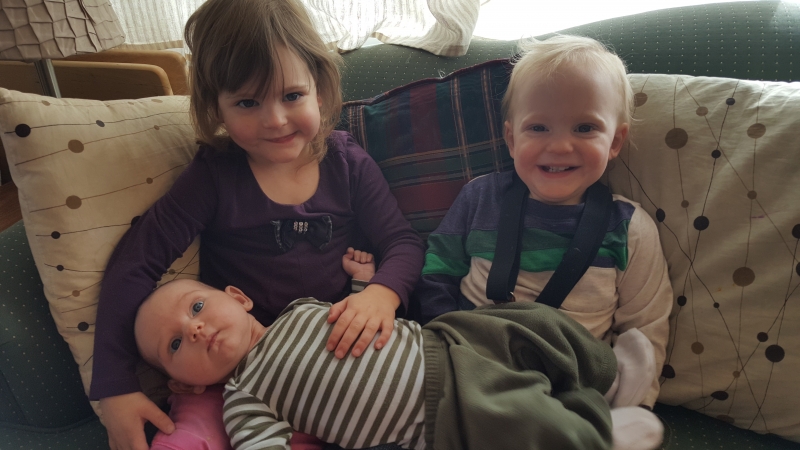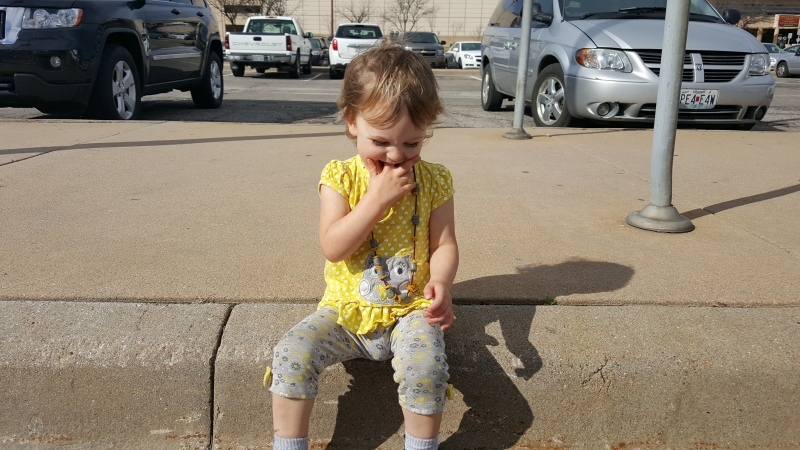In our recent conversation about homeschooling, my mom stated that “you have to have something for you”.
Then she elaborated. “Intercessory prayer was that for me. And when you all were very young, Agape Handmaidens.”
That was about the extent of that bit of advice. But don’t let the brevity distract you from the wisdom.
Mom was telling me not to forget self-care. This is good. This was good for me to hear from my mother. Because self-care is a buzzword in today’s mommy-world and I’m often quick to dismiss it (out of distrust for anything popular in the parenting world).
But Mom’s elaboration also emphasized the difference between the popular conception of self-care and Mom’s conception of it.
Popular self-care involves manicures and pedicures, massages and spa days, hotel stays. Lots of money. Lots of time. Lots more money for babysitters.
Mom’s self-care was intercessory prayer: spending a couple hours a week praying for others with others, while we kids were babysat (when we were very young) or played independently in our pastor’s basement. Agape Handmaidens? One morning a month the ladies of the church got together to work on hand-work while the children were babysat. Mom often brought laundry to fold while she chatted with the other ladies.
That’s it. That was her self-care.
For this time-starved, uber-frugal mama, that’s exactly what I need to hear.
I do need to have something for me. Taking the time to prepare for and go to Tuesday Connection, our ladies’ Bible study at church, is important. Having that conversation with adults? That’s important.
But I don’t need to feel guilty that I’m not spending lots of money and lots of time doing those things that seem to me like pointless indulgences.


